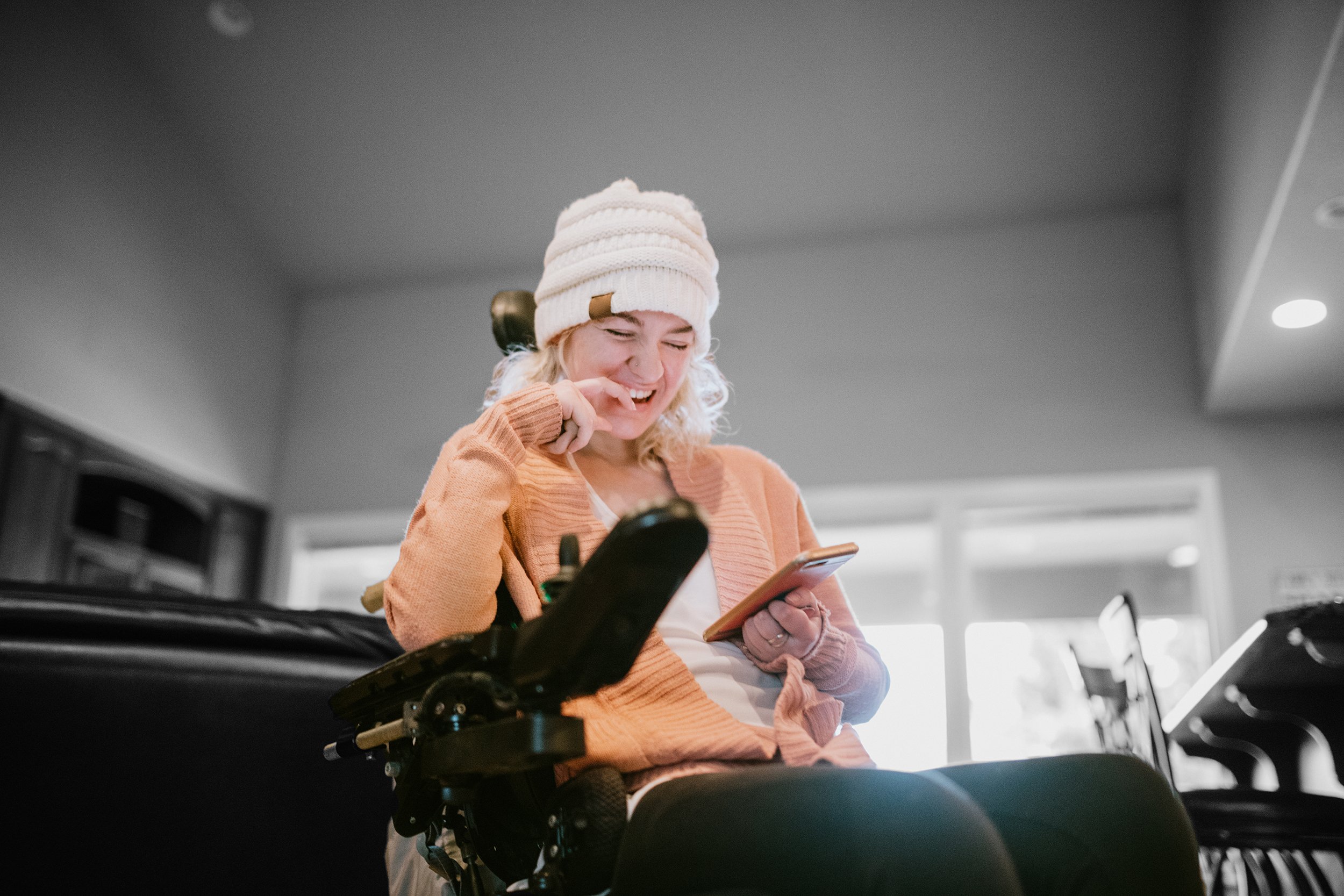
Neurological Occupational Therapy Assessments & Rehabilitation...
Our specialist neuro occupational therapists are highly skilled and experienced in working with clients who have neurological injuries or conditions. This includes clients with Acquired Brain Injuries; Spinal Cord Injuries; Cerebral Palsy; Stroke; Multiple-Sclerosis; Guillain Barre Syndrome and others.
The neuro rehabilitation journey of our clients begins with an in depth, holistic assessment which may include a combination of standardised and non-standardised assessments.
The assessment examines the client’s abilities and challenges with motor skill function; muscle tone; range of movement in their joints; posture; cognition and executive functioning skills; behaviour, mood and motivation; and their abilities to participate in daily activities as well as activities they previously enjoyed and wish to return to. The therapist also considers the client’s environmental, equipment and care requirements as well as their social and vocational needs during the assessment process.
During the assessment, the therapist identifies the client’s own goals as well as the goals of the family and carers.
Following the assessment, a detailed report is provided which outlines the assessment findings and the therapist’s recommended rehabilitation interventions aimed at supporting the client in achieving their goals.
Interventions can include regular therapy sessions aimed at:
Reducing the impact of the neurological injury or condition
Improving the client’s underlying abilities and skills
Relearning movement patterns to enable function
Assisting with fatigue, pain and postural management
Learning compensatory strategies and techniques
Trailing and learning to use therapeutic and assistive equipment, technologies and resources
Accessing and participating in social and leisure activities to improve mental and physical well being
Continually assessing and reviewing the client’s needs
Sessions can take place within the client’s home or community environments, depending on the skills being targeted.
Our therapists work collaboratively with all those involved with the client, as appropriate. This includes the family, care team and wider multidisciplinary team to ensure consistency and a cohesive approach.
The therapist may also recommend interventions the client can carry out on their own or with carer support. These may include participating in a specific hobby or leisure activity; carrying out specific recommended therapeutic exercises or tasks; or implementing recommended strategies.
During the active intervention phase, progress is continually reviewed against the set goals so adjustments can be made or intervention can reduce or cease as appropriate.
